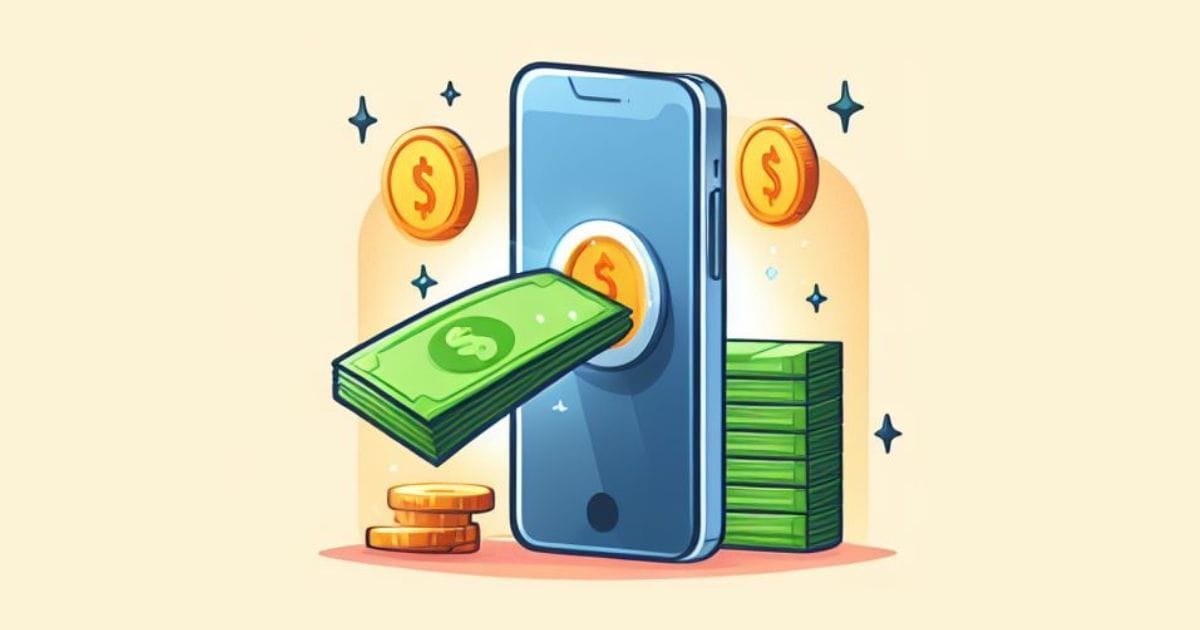The 5 Most Successful Business Models of Today

In the ever-evolving landscape of commerce, successful businesses are built on innovative and adaptable models that respond to changing consumer behaviors, market trends, and technological advancements.
This article explores the five most successful business models that have proven to be effective in today's dynamic business environment.
1) Subscription-Based Model

A lot of companies are using something called the subscription-based model, and it's becoming really popular. Big companies like Netflix, Spotify, and Amazon Prime are using this way of doing business. What they do is offer customers a service or product that they pay for regularly, like every month. This helps the companies because it makes customers stay loyal and keeps money coming in regularly. The cool thing is that sometimes, these services can be changed a bit to fit what each person likes. This makes customers happy because they get what they like, and it makes the companies happy because they keep making money regularly.
2) E-commerce Marketplace

Buying things has changed a lot because of something called e-commerce. This means people can buy and sell things online, and it's a big deal now. Big websites like Amazon and Alibaba help connect people who want to buy things with people who want to sell things. They have lots of different things you can choose from. This way of buying and selling things uses technology to make it easy for people. It gives them many choices and makes it convenient to shop from home. It's not just good for people who want to buy things; even small and medium-sized businesses can sell their stuff to people around the world using these websites. It's like having a big store on the internet where everyone can find and buy what they like.
3) Freemium Model

A lot of software and apps use something called the freemium model. This means they offer a basic version of their product or service for free, and if you want more special features, you pay a fee. Big companies like Tinder and Duolingo do this, letting users try their services for free and then decide if they want to pay for extra features. By doing this, they get a lot of people to use their basic service, and some of them choose to pay for the extra special features. It's a good way for companies to attract a large number of users and then turn some of them into paying customers who get extra benefits.
4) Sharing Economy Model

Something called the sharing economy has changed the way people get things and services. Big companies like Uber, Airbnb, and TaskRabbit use this sharing economy model. It lets regular people share things and services with each other. This way, people can use things that others have, and it helps everyone get what they need. It's a good idea because it makes better use of the things people already have, brings communities together, and often gives people affordable options for what they need. So, instead of everyone having their own things, people can share and help each other out.
5) Platform as a Service (PaaS)

In the world of technology, there's something called the Platform as a Service model, and it's becoming really important. Companies like Amazon Web Services (AWS) and Microsoft Azure use this model to offer platforms on the internet. These platforms help businesses create, use, and grow their applications without needing to worry about difficult technical stuff. With Platform as a Service (PaaS), businesses get flexibility, which means they can change things easily. They also get scalability, which means they can make their applications bigger as they need. And, it's cost-effective, so businesses can save money. PaaS is like a helpful tool for businesses that want good and easy solutions for their technology needs.
Final Thoughts
The success of a business often hinges on its ability to adopt and adapt to innovative business models that align with contemporary consumer demands and market dynamics. The subscription-based model ensures consistent revenue, e-commerce marketplaces provide global reach, freemium models attract broad user bases, sharing economies promote resource optimization, and PaaS offers technological efficiency.
By understanding and incorporating these successful business models, entrepreneurs can position their ventures for sustained success in today's competitive business landscape.





